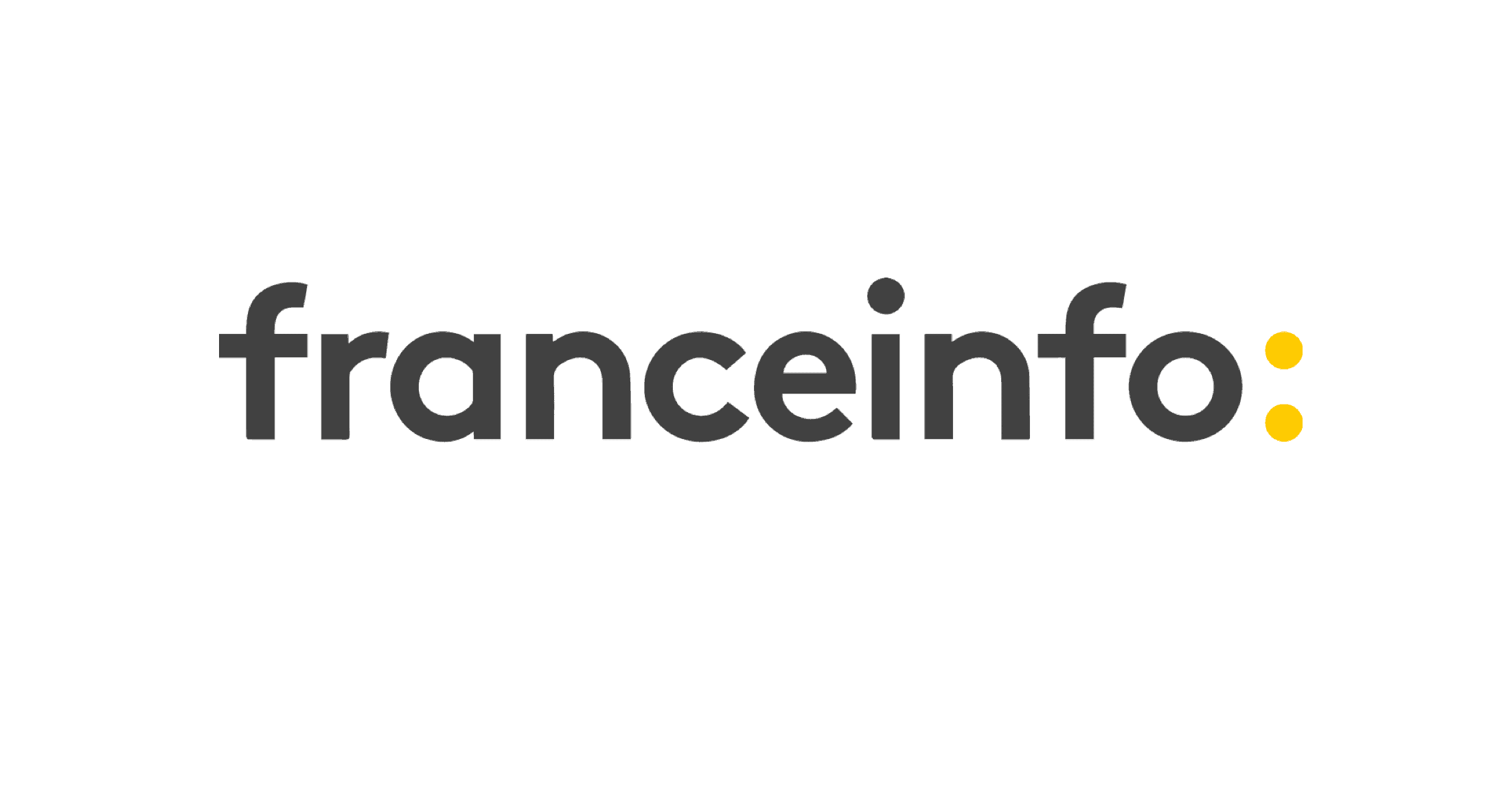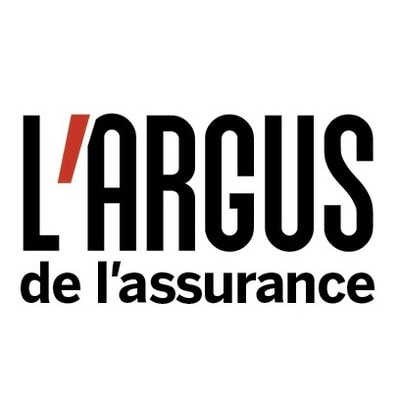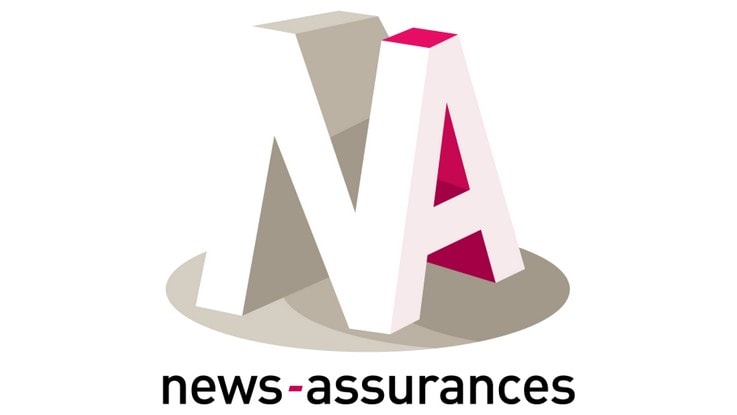Cryptocurrency Law Attorneys in France

Transparency
Our prices are fixed and known in advance.


Availability
Receive an initial response within 48 hours.


Expertise and Protection
Attorneys recognized for their skills and experience.
Contact Us
Frequently Asked Questions
Why Choose a Crypto Lawyer in France?
If you are regulated as a crypto service provider in France, you gain a significant advantage: compliance across the entire European Union. Under the new MiCA (Markets in Crypto-Assets) regulation, once you obtain your license in France, your business can operate freely throughout the EU without needing additional approvals from each individual country. This is made possible through the European passport system that MiCA introduces, which harmonizes crypto regulations across all member states (AMF France).
MiCA, expected to come into full force by December 2024, replaces the current patchwork of national crypto regulations, including France’s PSAN regime. After transitioning to MiCA, crypto businesses will benefit from consistent rules across Europe, enabling seamless cross-border operations. Whether you’re providing custody services, operating a crypto exchange, or issuing stablecoins, compliance with MiCA ensures you’re covered across all EU markets.
By choosing a crypto lawyer in France, you can secure your regulatory standing in one of the most forward-thinking jurisdictions and leverage the unified European market for your crypto-asset services.
Compliance and VASP / PSAN Registration
Since the introduction of the Virtual Asset Service Providers (“VASP” called “PSAN” in France) regime in 2020, any company offering crypto-asset-related services in France must be registered or licensed by the AMF (Autorité des Marchés Financiers). Obtaining the PSAN license is a rigorous regulatory process, further tightened by anti-money laundering (AML) and counter-terrorist financing (CTF) directives.
We assist our clients throughout the PSAN application process, ensuring that their submission meets all legal requirements. This includes:
- Ensuring compliance with AML/CTF regulations for commercial practices.
- Verifying Know Your Customer (KYC) procedures to guarantee accurate user identification.
- Submitting the PSAN license application to the AMF.
- Supporting clients during compliance audits conducted by the AMF.
Failure to meet these obligations can result in severe penalties, including the suspension of crypto-asset activities in France. This is why professional legal assistance is crucial to securing your business operations.
Regulation of NFTs and Decentralized Finance (DeFi)
Non-Fungible Tokens (NFTs) and DeFi introduce innovative legal concepts. One of the main challenges is the legal classification of digital assets, which can vary depending on the nature of the NFT (artwork, financial instrument, etc.) or the type of protocol used in DeFi (lending, staking, etc.).
Legal Advice on NFTs:
We assist you in determining the legal framework applicable to your NFT projects, whether you’re an artist, collector, or an NFT marketplace. The regulation varies depending on the nature of the token and its underlying asset.
- We also support you in drafting smart contracts to ensure the security of transactions and the protection of intellectual property rights.
Structuring DeFi Projects:
Decentralized finance is based on innovative, but often under-regulated, protocols. We provide legal advice on the structuring of your DeFi projects, ensuring compliance with financial regulations and protecting your investors from the risks associated with this technology.
Our legal expertise covers areas such as liquidity pools, yield farming, and staking, helping you build legally sound DeFi systems that adhere to both local and international regulations.
Fundraising via ICO, STO, and Hybrid Tokens
Initial Coin Offerings (ICO) and Security Token Offerings (STO) are efficient ways to raise funds by issuing digital assets. However, the legal requirements for these fundraising methods vary depending on the type of token (utility or security) and the jurisdiction.
ICO (Initial Coin Offering):
An ICO allows the issuance of utility tokens to finance projects in exchange for future access rights or services. It is crucial to ensure that these tokens are not classified as securities, as this would significantly change the legal requirements.
- We assist in drafting the Whitepaper, a critical document that outlines the project, business model, and associated risks. This document plays a central role in maintaining transparency and building credibility with potential investors.
- We also advise on the opportunity to apply for an optional visa from the AMF for ICOs, ensuring enhanced compliance and greater investor confidence.
STO (Security Token Offering):
Unlike ICOs, STOs involve the issuance of security tokens that grant investors financial rights (such as dividends) and voting rights. These tokens are considered securities and are subject to stricter regulation, including the publication of a prospectus or an information document.
- We support clients in the legal structuring of their STOs, ensuring compliance with AMF guidelines and drafting the necessary legal documents (such as shareholder agreements, amendments to statutes, subscription forms, etc.).
By working with our team, you gain in-depth expertise in structuring your crypto-asset fundraising, maximizing your chances of success, and minimizing the risks of non-compliance.
Cryptocurrency Litigation and Disputes
The rise in cryptocurrency disputes is due to the volatility of markets and the increasing number of potential scams. Whether dealing with a blocked account, frozen funds, or fraud on an exchange platform, having an experienced lawyer by your side is essential to protect your rights.
Blocked Accounts on Exchange Platforms:
We step in when accounts are blocked or funds are frozen on centralized (CEX) or decentralized (DEX) exchange platforms. These situations often arise from non-compliance with KYC (Know Your Customer) or AML (Anti-Money Laundering) procedures, or due to regulatory restrictions.
- Our lawyers represent you in negotiations with exchange platforms or before the courts to secure the release of your digital assets.
Disputes with Tax Authorities:
Many cryptocurrency investors face disputes with tax authorities regarding the calculation of their gains or the accuracy of their tax declarations. We represent you in these matters, whether in an amicable settlement or in litigation, ensuring your tax issues are resolved effectively.
Fraud and Online Scams:
Fraud on exchange platforms and fraudulent ICOs are unfortunately common in the cryptocurrency space. We assist you in identifying possible legal remedies, filing complaints, and recovering your funds when fraud is proven.
Compliance with MiCA (Markets in Crypto-Assets) Regulation
The MiCA (Markets in Crypto-Assets) regulation, expected to come into force in 2024, aims to harmonize the rules applicable to cryptocurrencies and crypto-assets across the European Union. This strengthened legal framework introduces obligations for transparency and compliance for companies operating in the sector, providing increased protection for investors and mitigating the risks associated with volatile assets.
Why is MiCA Important?
MiCA covers a broad range of digital assets, including cryptocurrencies, stablecoins, and utility tokens. Any company seeking to provide services such as custody, management, issuance, or exchange of crypto-assets must comply with MiCA’s requirements. These include transparency obligations for token offerings, strict governance standards, and security guarantees to protect investors.
MiCA-Related Services Offered by Beaubourg Avocats
- Preparation and Submission of Compliance Files:
We assist clients in ensuring their projects meet MiCA requirements, especially for the issuance of crypto-assets and associated services like exchanges or custodial services. Our team will guide you through the preparation and submission of your compliance documentation. - Issuance of Stablecoins and Asset-Referenced Tokens:
MiCA introduces specific requirements for issuers of stablecoins and asset-referenced tokens. Issuers must provide detailed information about the mechanisms used to guarantee the underlying assets and follow strict risk management rules. We help structure these issuances to ensure full compliance with MiCA obligations. - Compliance for Crypto-Asset Service Providers:
As a crypto-asset service provider, as defined under MiCA, you must register with the appropriate regulatory authorities and adhere to strict rules regarding management and transparency. This includes implementing measures to combat money laundering and secure transactions. We guide you through every step of compliance and the submission of your registration files. - Risk Management Assistance for Digital Assets:
MiCA imposes enhanced risk management obligations, particularly concerning the volatility of crypto-assets and systemic vulnerabilities. We provide advice on best practices for risk management to avoid sanctions and protect your investors. - Governance and Transparency Advice:
Under MiCA, businesses must ensure a high level of transparency, particularly by providing comprehensive information on token issuances and establishing solid governance processes. We assist in setting up these practices to ensure your business stays compliant with the new regulations.
Discover the other Areas of Expertise of our Cryptocurrency Attorneys’
Our attorneys can also assist you with various topics such as:
- Crypto ICO (Initial Coin Offering)
- Crypto IGO (Initial Game Offering)
- Crypto IEO (Initial Exchange Offering)
- Crypto IDO (Initial Dex Offering)
- Crypto IFO (Initial Farm Offering)
Why choose Beaubourg Avocats?
Expertise in Crypto Assets
Our lawyers are well-versed in the legal challenges surrounding cryptocurrencies, providing tailored expertise for blockchain transactions, smart contracts, and tokens.
Innovative Legal Protection
We develop strategic solutions to safeguard your digital assets, ensuring compliance while minimizing risks.
Crypto Dispute Resolution
Our negotiation skills enable us to quickly resolve complex disputes in the cryptocurrency space, avoiding lengthy and costly legal proceedings.
Crypto Tax Support
We assist you in optimizing the tax aspects of your cryptocurrency investments, while ensuring compliance with both local and international regulations.
Regulatory Compliance
We help you navigate national and European regulatory frameworks essential for ICOs, NFTs, and other crypto assets. We assist you before the AMF (Autorité des Marchés Financiers) for obtaining PSAN (Digital Asset Service Provider) and MiCA (Markets in Crypto-Assets) licenses.
Discover how our expert cryptocurrency lawyers can protect your interests, secure your transactions, and guide you through the legal aspects of the crypto sector today!




























